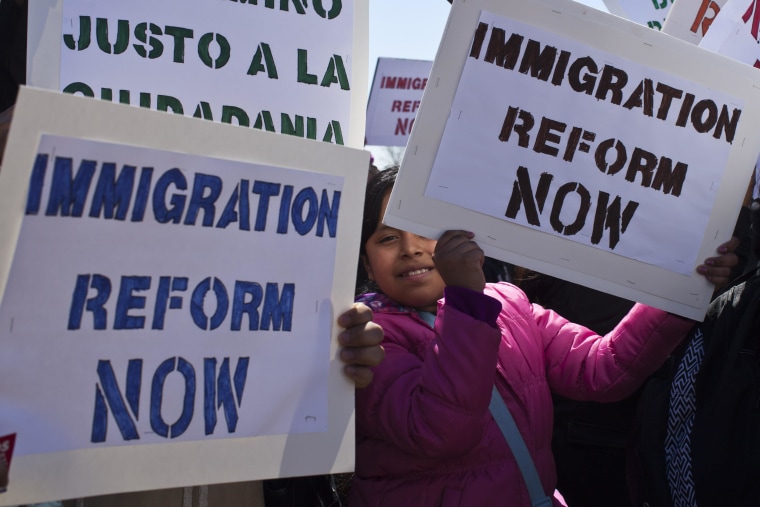The Department of Homeland Security (DHS) announced that certain H-4 visa holders will be eligible for employment authorization beginning May 26, 2015. Currently, those visa holders - dependent spouses and children of H-1B visa holders - are not authorized to work in the United States.
“Anyone on an H-4 visa,” Prerna Lal, NAPABA Law Foundation partner and in-house counsel community law fellow at Advancing Justice | AAJC, told NBC News, “could not obtain work authorization even though they were legally in the US. So they couldn’t get a Social Security Number, a license to drive, a bank account. They could not be independent. They couldn’t contribute financially to the household or to the American economy.”
Of the 96,753 individuals granted H-4 visas in 2013, 86 percent were from Asian countries, with the overwhelming majority from India.
This new rule applies only to dependent spouses of H-1B visa holders who have already been approved for an I-140 immigrant petition for permanent residency or who have been granted an extension to stay beyond the H-1B visa’s usual six-year limit. The United States Citizenship and Immigration Service (USCIS) estimates that as many as 179,600 individuals could apply for employment authorization under this new rule in the first year, with 55,000 a year after that.
This, proponents argue, will help relieve the financial pressure on H-1B families to manage on a single income and help retain talent. Children of H1-B workers, however, still cannot legally work during college and can age out of the system at 21, before their families may receive permanent residency.
The real solution, Lal said, is to “find new ways to fix the visa backlog,” which can currently take at least ten years to establish permanent residency. Furthermore, she said, the DHS “should consider extending work authorization to all those on H-4 visas.”
IN-DEPTH
- Deportation Relief Welcome, But Visa Backlogs Remain
- Asian American Advocates Say Immigration Action Falls Short
- Tech Demands More H-1B Visas As Critics Cry Foul
